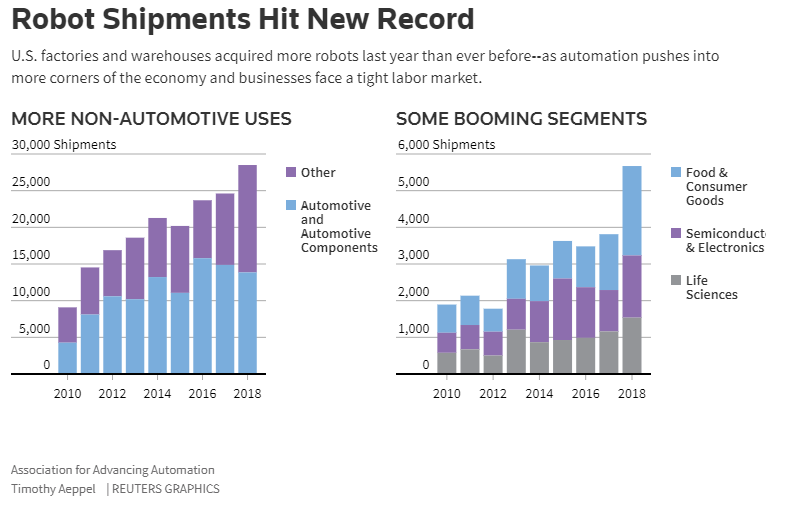V. Murthy
NEJM, July 13, 2022
DOI: 10.1056/NEJMp2207252
Here is an excerpt:
Burnout manifests in individuals, but it’s fundamentally rooted in systems. And health worker burnout was a crisis long before Covid-19 arrived. Causes include inadequate support, escalating workloads and administrative burdens, chronic underinvestment in public health infrastructure, and moral injury from being unable to provide the care patients need. Burnout is not only about long hours. It’s about the fundamental disconnect between health workers and the mission to serve that motivates them.
These systemic shortfalls have pushed millions of health workers to the brink. Some 52% of nurses (according to the American Nurses Foundation) and 20% of doctors (Mayo Clinic Proceedings) say they are planning to leave their clinical practice. Shortages of more than 1 million nurses are projected by the end of the year (U.S. Bureau of Labor Statistics); a gap of 3 million low-wage health workers is anticipated over the next 3 years (Mercer). And we face a significant shortage of public health workers precisely when we need to strengthen our defenses against future public health threats. Health worker burnout is a serious threat to the nation’s health and economic security.
The time for incremental change has passed. We need bold, fundamental change that gets at the roots of the burnout crisis. We need to take care of our health workers and the rising generation of trainees.
On May 23, 2022, I issued a Surgeon General’s Advisory on health worker burnout and well-being, declaring this crisis a national priority and calling the nation to action with specific directives for health systems, insurers, government, training institutions, and other stakeholders. The advisory is also intended to broaden awareness of the threat that health worker burnout poses to the nation’s health. Public awareness and support will be essential to ensuring sustained action.
Addressing health worker well-being requires first valuing and protecting health workers. That means ensuring that they receive a living wage, access to health insurance, and adequate sick leave. It also means health workers should never again go without adequate personal protective equipment (PPE) as they have during the pandemic. Current Biden administration efforts to enhance domestic manufacturing of PPE and maintain adequate supplies in the Strategic National Stockpile will continue to be essential. Furthermore, we need strict workplace policies to protect staff from violence: according to National Nurses United, 8 in 10 health workers report having been subjected to physical or verbal abuse during the pandemic.
Second, we must reduce administrative burdens that stand between health workers and their patients and communities. One study found that in addition to spending 1 to 2 hours each night doing administrative work, outpatient physicians spend nearly 2 hours on the electronic health record and desk work during the day for every 1 hour spent with patients — a trend widely lamented by clinicians and patients alike. The goal set by the 25×5 initiative of reducing clinicians’ documentation burden by 75% by 2025 is a key target. To help reach this goal, health insurers should reduce requirements for prior authorizations, streamline paperwork requirements, and develop simplified, common billing forms. Our electronic health record systems need human-centered design approaches that optimize usability, workflow, and communication across systems. Health systems should regularly review internal processes to reduce duplicative, inefficient work. One such effort, Hawaii Pacific Health’s “Getting Rid of Stupid Stuff” program, has saved 1700 nursing hours per month across the health system.









